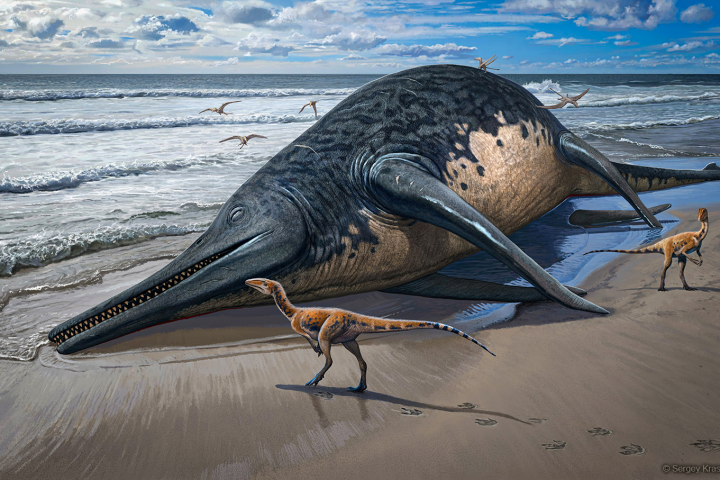Tired of waiting for your computer to boot up? Within five to seven years, you may no longer have to. That’s the estimated amount of time it will take to bring Racetrack Memory to market. Racetrack is a proposed new shock-proof system that is said to be 100,000 times faster than current hard drives, while also being 300 times more energy-efficient. Although it incorporates cutting-edge nanotechnology, it’s based on the same principles as the humble VHS videotape.
IBM has been working on developing Racetrack Memory for a couple of years, after Stuart Parkin of IBM’s Almaden Research Center came up with the concept of spintroncs-based memory that has no moving parts, but in which the information moves. Prof. Mathias Kläui of Switzerland’s Ecole Polytechnique Federale de Lausanne (EPFL) decided to pursue it after he got tired of waiting the two to three minutes for his computer to boot up.
Like a videocassette, Racetrack Memory would store data magnetically. Instead of on a moving tape, however, it would be stored on a tiny unmoving nickel-iron nanowire. The bits of information, which are stored in the wire using the spin of electrons rather than an electronic charge, would be moved around at several hundred meters per second, using a spin polarized current. Adjacent bits would be delineated from one another via domain walls with magnetic vortices.

EPFL says that accessing one of these nanowires would be like reading an entire VHS tape in less than a second, and the plan is for millions or even billions of these wires to be embedded on one chip. Perhaps you start to get the idea of just how speedy this thing could be. Kläui says that, not only would Racetrack Memory-equipped computers boot up instantly, they could also access information 100,000 times more rapidly than a traditional HDD. Additionally, because there are no moving parts, there is nothing to wear out, and unlike flash SSDs, it can be rewritten to endlessly.
Because traditional hard drive-based RAM needs to be powered every millionth of a second, says EPFL, a computer can consume up to 300mW of electricity just sitting idle. An idle Racetrack-equipped computer, on the other hand, would reportedly use just a few miliwatts. According to a 2010 study conducted by SBI Energy, computers and other electronics are currently estimated to consume approximately six percent of the world’s electricity, with that number forecast to increase to 15 percent by 2025. So this is no small consideration.
There are hurdles to be overcome before we start seeing Ractrack Memory appearing in consumer devices, however. Experiments by researchers at the University of Hamburg showed that microscopic imperfections in the crystal structure of the wires, which led to the magnetic domains becoming “stuck,” resulted in performance roughly equal to traditional HDDs. If these and other problems can be overcome, we can look forward to instant-on computers that are ready to go when we are.





